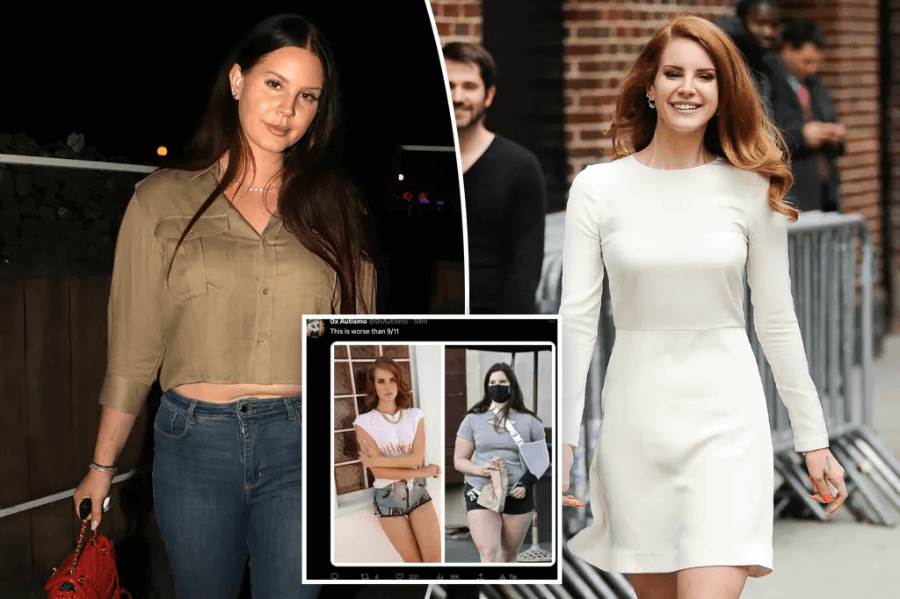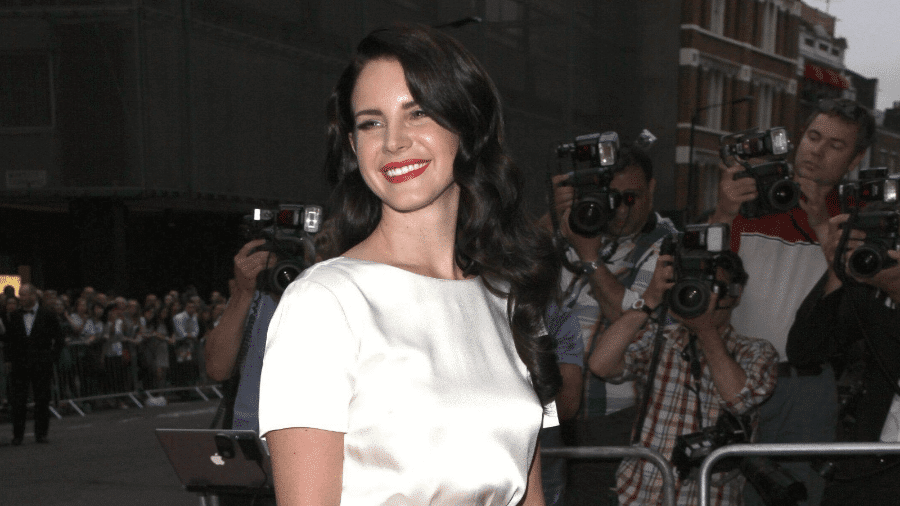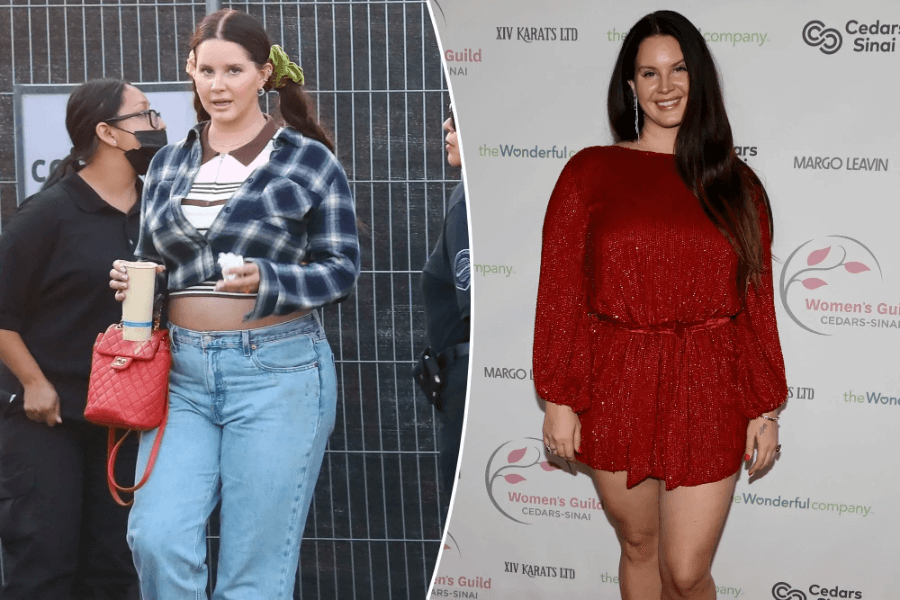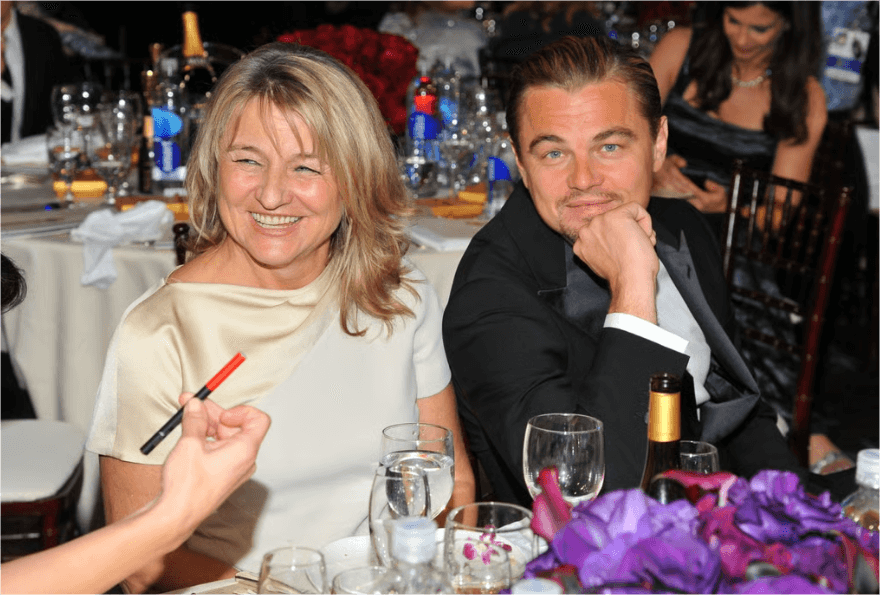📑Table of Contents:
Lana Del Rey is more than a voice. She’s a storyteller. Her music paints dreamy, melancholic landscapes. Her lyrics delve into themes of love, loss, power, and vulnerability. Yet, in recent years, much of the internet’s focus has shifted from her art to her appearance.
Most notably, people have taken to commenting on her body.
The question isn’t whether Lana gained weight. That’s her business. The real question is—why do we care so much? And more importantly, why does it become news?

The Rise of Lana Del Rey
Lana first entered mainstream consciousness in 2011 with the release of “Video Games.” Her haunting voice and vintage aesthetic turned heads. Critics were divided, but fans were hooked.
Over the next decade, Lana built an impressive discography. Albums like Born to Die, Ultraviolence, and Norman Fucking Rockwell! Earned critical acclaim. She received Grammy nominations and filled stadiums.
Through it all, she remained enigmatic. She didn’t chase trends. She didn’t play the pop star game. And for that, many adored her.
But that same independence also made her a target.
When the Focus Shifted
Around 2020, paparazzi photos of Lana, looking fuller-figured, sparked an online debate. Tweets went viral. Blogs posted side-by-side comparisons. People speculated about her diet, her mental health, and her lifestyle—all without consent.
This wasn’t new. Celebrities, especially women, have always been scrutinized. But with social media, the volume increased. Suddenly, anyone with a phone felt entitled to comment on a stranger’s body.
Lana became the latest subject of this digital dissection.
Why This Obsession Is Harmful
We often act like weight is public property. But it’s not. A person’s body is personal. It tells no one else’s story but their own.
When fans and critics focus on Lana’s weight, they ignore everything else she brings to the table—her voice, her poetry, her visuals, and her vulnerability.
Worse, they reinforce toxic ideals. These comments suggest that gaining weight means losing value. That being thin is a requirement for respect. That beauty, in one form only, deserves our attention.
This thinking is not just outdated. It’s dangerous.
The Double Standards in Play
It’s also worth noting how uneven this scrutiny is. Male musicians often age, change, and gain weight without the media taking notice. Yet for women, every pound becomes a headline.
And even within pop culture, not all women are treated equally. Those who defy traditional standards or reject celebrity expectations, like Lana, often receive harsher treatment.
Lana doesn’t glam up for cameras. She avoids the press. She rarely claps back. That silence invites more noise from outsiders.
But silence should never be seen as permission.
Lana’s Response: Grace in the Face of Criticism

To her credit, Lana rarely addresses these attacks directly. She doesn’t post gym selfies or clap back at trolls.
Instead, she continues creating.
She released Chemtrails over the Country Club, Blue Banisters, and Did You Know That There’s a Tunnel Under Ocean Blvd—all rich, emotional works that dig deep into identity, aging, and femininity.
Through music, she responds, not with defensiveness, but with honesty. That’s more powerful than any tweet could ever be.
What This Reveals About Us
Our fixation with celebrity bodies says more about us than it does about them.
We are uncomfortable with change. We’ve been sold a narrow idea of beauty. And we measure self-worth through image far more than we should.
But public figures like Lana challenge that. Her visibility reminds us that beauty exists in many forms. That talent doesn’t shrink or grow with waistlines.
And that art is what lasts, not gossip.
Body Positivity vs. Body Neutrality
In response to all this, some advocate for body positivity. That’s the belief that all bodies are beautiful and deserve celebration.
Others push for body neutrality—the idea that you don’t have to love or hate your body. You respect it. You live in it, and you let it be.
Lana doesn’t declare either stance, but her approach leans toward neutrality. She exists in her body without apology, she wears what she wants, she shows up, and she sings.
And that’s a statement in itself.
Media Responsibility and Fan Behavior
We, as consumers, hold power. Our clicks drive traffic. Our comments influence culture. When we engage in body talk, we make it profitable.
That’s why it’s important to pause before sharing paparazzi pics or joining threads about someone’s looks.
What if, instead, we shared interviews about their work? What if we praised their lyrics, their risks, their evolution?
Fandom should uplift. Not dissect.
A Better Conversation
Instead of asking “Did Lana Del Rey gain weight?” we should ask:
- What themes is she exploring in her new album?
- How has her sound matured over the years?
- What makes her voice so unique?
- How does she use visuals to tell her story?
These questions spark real dialogue. They honor her as an artist. They treat her like a person, not a trending topic.

Final Thoughts
Lana Del Rey is an icon, not because of her size, but because of her substance.
She writes with guts. She sings with soul. And she walks her path without chasing approval.
So next time you see her name trending, skip the gossip. Press play on her music. Listen. And remember what matters.





